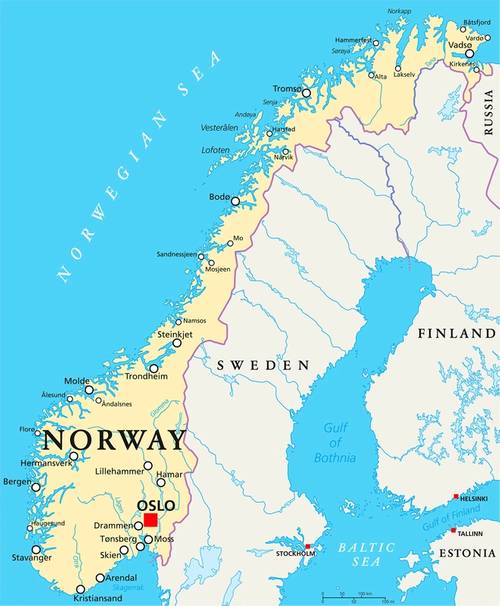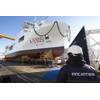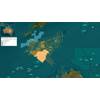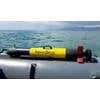Norway Invests in Emergency Preparedness Research
Twelve new research projects will strengthen Norway’s ability to prevent and handle serious incidents that threaten life, health, and critical infrastructure.
Topics include handling hybrid threats in Norwegian sea areas, early warning systems for critical underwater infrastructure, security management for renewable energy systems, natural hazards, societal vulnerability, and citizen involvement in crisis management.
The projects are financed by funds from nine ministries: the Ministry of Justice and Public Security, the Ministry of Energy, the Ministry of Education, the Ministry of Climate and Environment, the Ministry of Agriculture and Food, the Ministry of Trade, Industry and Fisheries, the Ministry of Transport and Communications, the Ministry of Defence and the Ministry of Digitalisation and Public Administration.
The projects that have received support have a wide thematic breadth and address various aspects of societal security and emergency preparedness.
One of the projects will analyze and strengthen Norway's ability to handle maritime hybrid threats in Norwegian waters, especially in the Arctic. Hybrid threats are complex and combine military and non-military means, such as cyberattacks, disinformation, economic pressure, sabotage, and irregular warfare. Such threats challenge traditional distinctions between war and peace, and make it difficult to know when and how Norway can and should respond.
Another project will strengthen the management and protection of critical infrastructure in Norway, focusing on how geopolitics affects security and preparedness. It examines how critical infrastructure – such as ports, energy supplies and communication networks – is becoming increasingly important in international politics and can be used as a tool in power struggles between states.















 December 2025
December 2025



